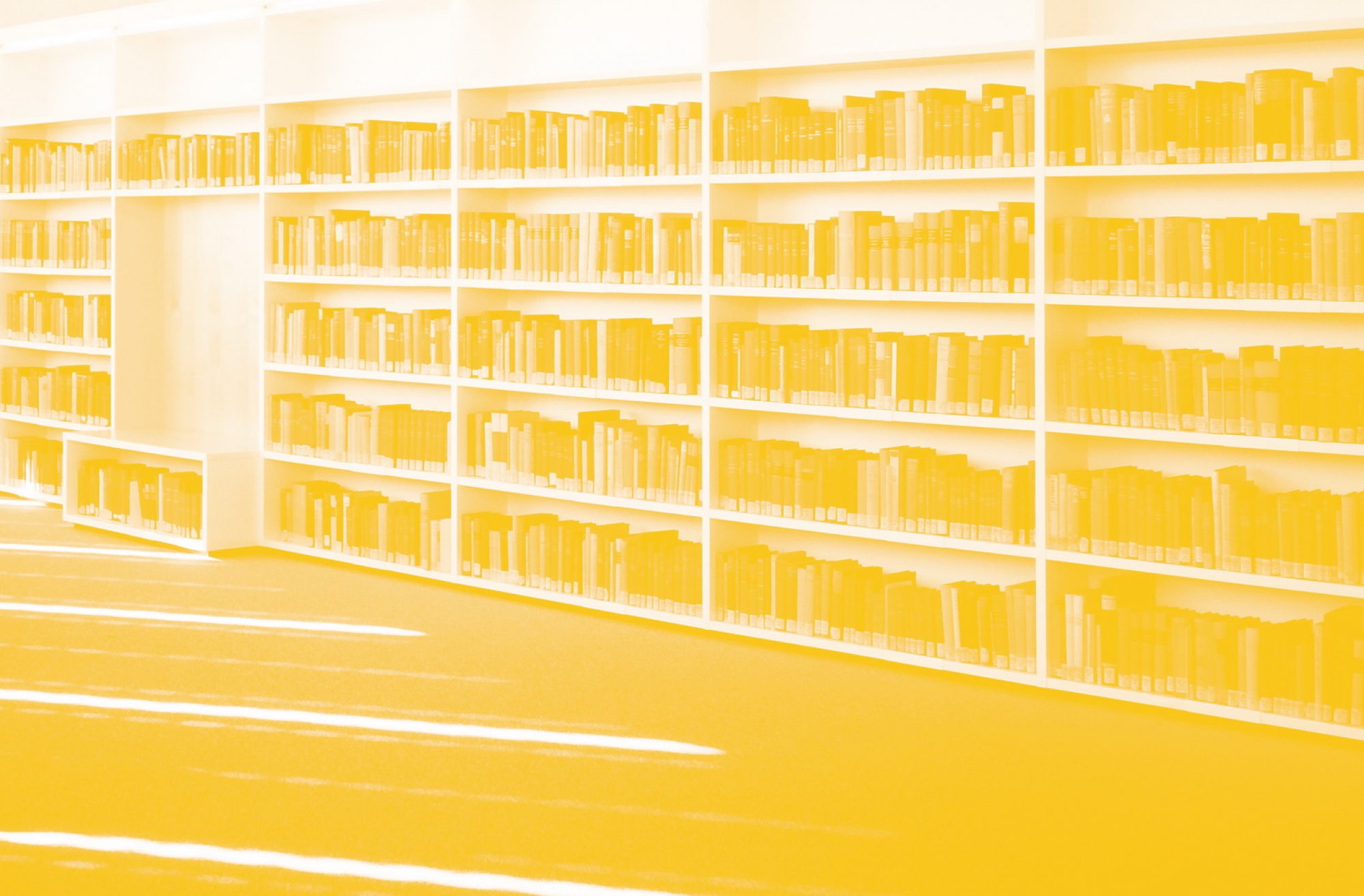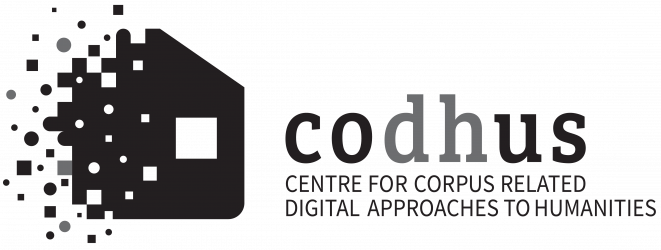At one of the most important international conferences dedicated to research in Academic Writing, EATAW 2021, (The Conference of the European Association for the Teaching of Academic Writing), organized in Ostrava, Czech Republic (virtual format), the ROGER team members were present with two interventions:
1. Dr Habil Madalina Chitez, gave, together with Professor Otto Kruse, a keynote lecture on the topic: Digital writing and digital humanities – twins, siblings, or cousins?
More information here.
Abstract:
In this plenary, we will look at the digitalization of writing practices from two different angles: digital humanities and digital writing. While the field of digital humanities involves, in most cases, the digital collection, repository and analysis of documents, digital writing deals with the computer‑supported creation, storage, and exchange of documents. Digitalization reshaped both fields, and what was traditionally separated in two worlds, like the painter and the museum or the writer and the library, today relies on a shared body of technologies usable in both fields. We will give examples from our actual work in either field and show how corpus technology, writing analytics and support measures for writers merged to one unified field of text technology. In this expanding field, from which a new definition of writing can be extracted, seamless interaction of activities such as production, preservation, exchange, design, publication, analysis, feedback, takes place and can be managed from the same digital work space.
Presentations excerpts:
2. A paper presented by Dr Loredana Bercuci, Dr habil Madalina Chitez and Dr Claudia Doroholschi: The challenges of internationalization: A corpus based model for measuring English-language norms in L1 student writing for writing support
More information here.
Abstract:
In recent years, researchers have pointed to the extensive use of the English language across the world as “sufficient to provoke justifiable concerns around issues of diversity, equity and identity.” (Ferguson, 2007, p. 12) Such concerns are particularly relevant in the countries of the former Eastern bloc, where modernization is often equated with anglicization (Bennett, 2014). This is also the case in Romania where many textbooks or online resources for academic writing draw heavily on English sources, with no policies to guide writing support in Romanian and little understanding of local writing traditions. In this paper, we build on intercultural rhetoric (Connor et al., 2008) and corpus linguistics to understand the extent to which student writing in L1 Romanian is influenced by English, both as linguistic and academic norm support. Three corpora have been compiled for this purpose: (A) a corpus of thirty novice-writer student essays in Political Science in Romanian (L1-RO-novice), (B) a native-Romanian expert-writing corpus (L1-RO-expert) in the field, (C) a written ESP learner corpus (L2- EN-novice) in the same discipline. A fourth corpus, (D) a native-English AW corpus (L1-EN), e.g. MICUSP-A level, will also be part of the data evaluation. We use a multi-dimensional comparative approach, focusing on typical AW discourse features such as stance (ST), lexical bundles (LB) and discourse organisers (DOs). In the analysis and discussion section of the paper, we also integrate remarks on the distribution of the academic phraseology extracted from the DOs corpus lists, in the ImRAD structure, based on previously compiled academic phrase lists (e.g. Morley, 2017). Our paper proposes a model for the positioning of anglicised discourse features of Romanian writing on a continuum starting from “typical Romanian” to “typical English”. We will also address implications for writing support, in the wider context of discussions on internationalization and individuality of academic written language.
Presentations excerpts:









